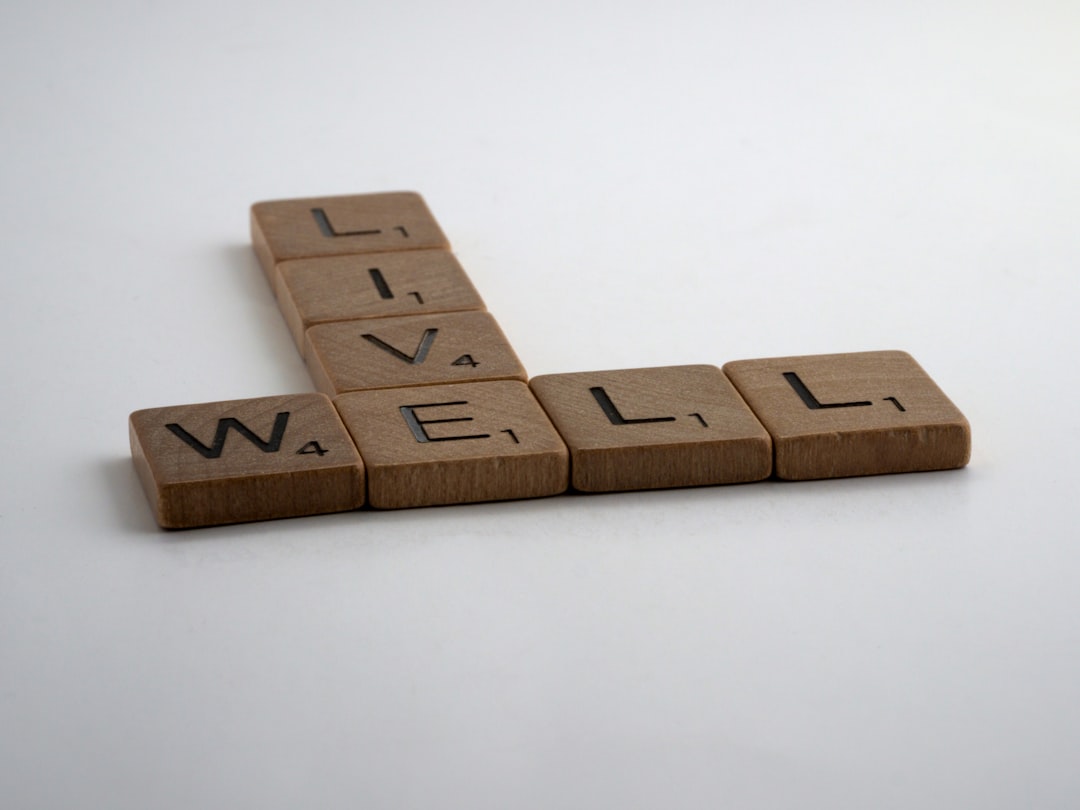Introduction
Emotional balance and well-being play a crucial role in our daily lives, affecting our relationships, productivity, and overall health. Various factors, such as stress, lifestyle choices, and social connections, can influence our emotional state and well-being. This blog aims to provide practical tips and insights to help you achieve emotional balance and overall well-being, fostering a healthier and more fulfilling life.
Understanding Emotional Balance
Emotional balance refers to the ability to maintain stability and equilibrium in our emotional responses, even amidst challenging situations. Emotions play a vital role in our lives, guiding our decision-making, shaping our relationships, and affecting our overall well-being. When we experience emotional balance, we can navigate through life’s ups and downs with resilience, adaptability, and self-awareness.
On the contrary, emotional imbalance can lead to negative consequences for both our mental and physical health. Prolonged emotional turmoil may contribute to stress, anxiety, depression, and even physical ailments. Thus, understanding and striving for emotional balance is essential for maintaining a healthy and fulfilling life.
Steps to Achieve Emotional Balance
Achieving emotional balance requires consistent effort and the adoption of various strategies. Here are some steps to help you attain emotional equilibrium:
1. Self-awareness: Begin by identifying your emotions and their triggers. Understanding the root causes of your emotional responses will enable you to address them effectively. Practicing mindfulness and meditation can help enhance self-awareness and promote emotional stability.
2. Self-regulation: Develop healthy coping mechanisms to manage your emotional responses, such as deep breathing exercises, journaling, or engaging in hobbies. Implement stress management techniques, like progressive muscle relaxation or visualization, to relieve tension and maintain emotional balance.
3. Emotional expression: Communicate your emotions effectively to others, using assertive language and active listening skills. Don’t hesitate to seek support from friends, family, or professionals when needed – sharing your feelings can provide relief and promote emotional well-being.
4. Maintain a healthy lifestyle: A healthy body can contribute to a balanced mind. Engage in regular exercise, follow a balanced diet, and ensure you get adequate sleep. These habits not only improve physical health but also foster emotional balance and resilience.
Understanding Well-Being
Well-being is a holistic concept encompassing various aspects of our lives, including physical, mental, emotional, and social health. It reflects our overall quality of life, satisfaction, and happiness. Well-being is not just the absence of distress but a state of thriving and flourishing in all areas of life.
Components of well-being include physical health, mental resilience, emotional balance, and strong social connections. Each element plays a critical role in shaping our overall well-being, and they are interdependent, with one aspect often influencing the others. Emotional balance, for example, can significantly impact our mental health and social relationships, demonstrating the interconnected nature of these well-being components.
Recognizing the interplay between emotional balance and well-being is essential to fostering a holistic approach to health and happiness. By striving for emotional balance, we can create a strong foundation to support and enhance our overall well-being.
Steps to Achieve Overall Well-Being
Attaining overall well-being involves addressing various aspects of our lives. Here are some steps to help you enhance your well-being:
1. Cultivate a positive mindset: Practice gratitude by acknowledging and appreciating the positive aspects of your life. Engage in activities that bring joy and fulfillment, such as hobbies, creative pursuits, or spending time in nature. These practices can boost your mood and enhance your emotional well-being.
2. Build strong social connections: Nurture your relationships with friends and family, as they play a significant role in your well-being. Participate in community events or volunteer activities to forge new connections and contribute to the well-being of others.
3. Prioritize self-care: Set boundaries to protect your time and energy, and practice self-compassion by treating yourself with kindness and understanding. Engage in regular self-care activities, such as exercise, meditation, or pursuing hobbies, to maintain a balanced and healthy life.
4. Seek professional help when needed: Recognize when it’s time to seek therapy or counseling to address mental health challenges or emotional difficulties. Utilize available resources, such as support groups or online platforms, to connect with others who share similar experiences and gain valuable insights into your well-being journey.
Conclusion
In conclusion, emotional balance and overall well-being are essential aspects of a healthy, fulfilling life. By understanding their significance and implementing the tips provided in this blog, you can foster resilience, enhance your relationships, and improve your mental and physical health. We encourage you to put these strategies into practice and embark on a journey towards a more balanced and happier life.
Disclaimer
This blog post is intended for informational purposes only and should not be considered as medical advice. Always consult with a healthcare provider for personalized medical advice. By providing valuable information and insights, our goal is to empower you to make informed decisions and take steps towards a healthier, more balanced life.








